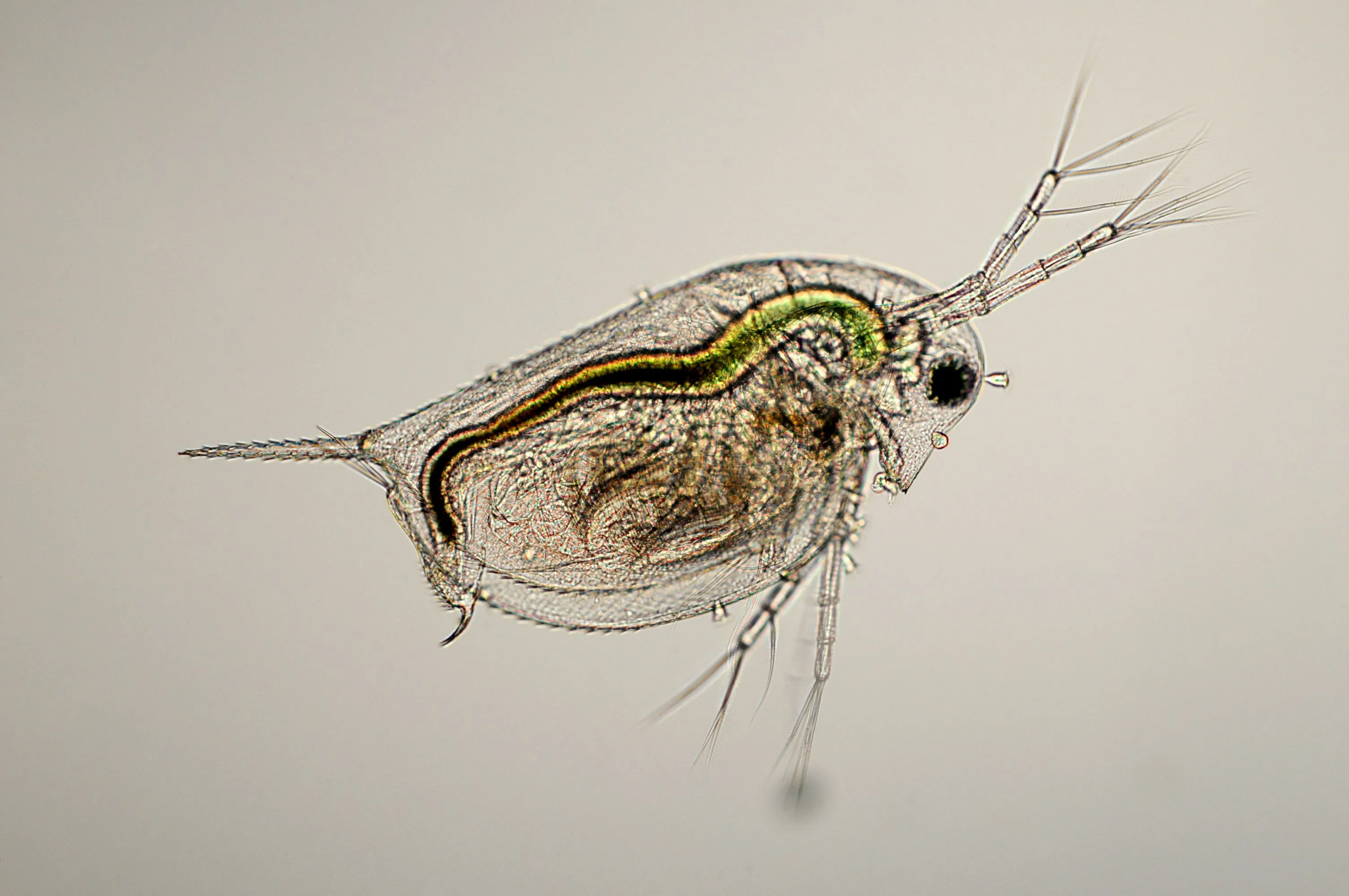News on Daphnia Pulex: Evolution at Lightning Speed

Understanding Rapid Evolution in Daphnia Pulex
Daphnia pulex, commonly known as the water flea, serves as a model organism for studying evolution. This minuscule crustacean is vital to freshwater ecosystems, playing a significant role in food webs. Recent research indicates that even in stable environments, there is a dynamic selection of genetic variations, challenging previous assumptions about evolutionary processes.
The Role of Natural Selection
Conducted by scientists from Arizona State University and other institutions, the study analyzed nearly 1,000 water flea specimens. The findings showed significant fluctuations in gene variants, termed alleles, revealing that evolution is much more intricate than once thought. The continuous genetic variation helps these organisms adapt to changing conditions while maintaining diversity.
Implications for Evolutionary Biology
This ongoing churn in genetic frequency can inform conservation strategies, particularly as we face climate change. Understanding how Daphnia pulex adapts could hold the key to enhancing the resilience of various species in their ecosystems, ensuring the stability of vital food webs.
This article was prepared using information from open sources in accordance with the principles of Ethical Policy. The editorial team is not responsible for absolute accuracy, as it relies on data from the sources referenced.